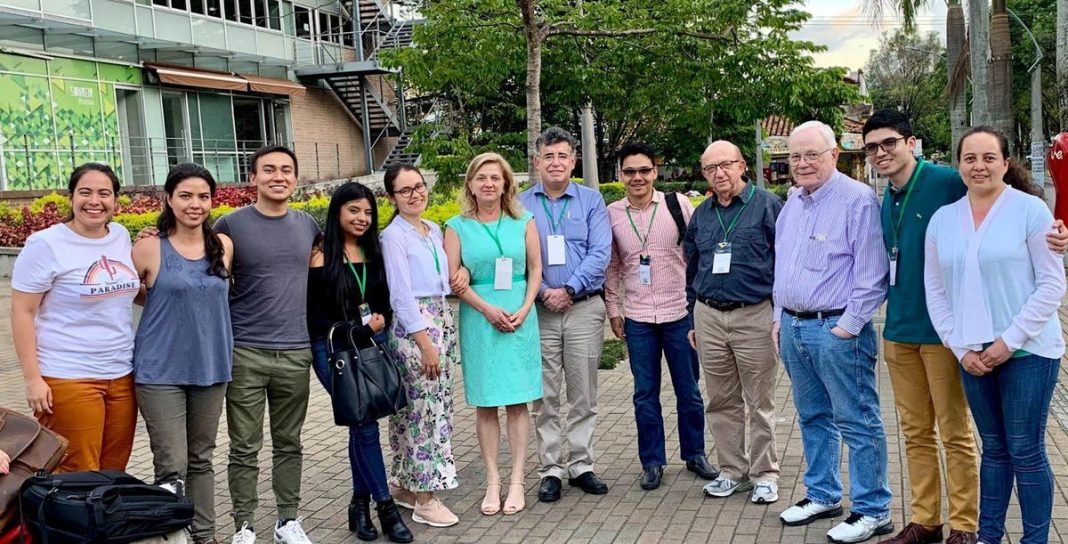Garzon, who is a Research Fellow at the Department of Neurology at the International Hospital of … [+]
Jennie Garzon
Colombian doctor Jenny Garzon’s day-to-day work involves (under the supervision of neurologists), treating patients , who have suffered from stroke, but she is also a medical researcher helping to put a number on the financial toll of strokes — and not just on the patient.
Garzon, who is a research fellow at the Department of Neurology at the International Hospital of Colombia Piedecuesta, Santander in eastern Colombia, says that relatively little research has been done in Colombia into the care burdens and additional costs caused by stroke (when the blood supply to part of the brain is cut off).
“If someone has a stroke, the costs can really add up: there can be structural changes to the home, wheelchairs and more,” Garzon says, adding that in Colombia, these new costs can add up to an entire monthly minimum wage or more, as neither the public health system nor private insurers usually cover the majority of these expenses in the long-term.
Garzon, who is part of a team putting together a new, as-yet-unpublished paper on the topic of the financial impacts on stroke patients and their families and care-givers, says the impact extends far beyond these medical costs.
“With these medical costs, the loss of the income of the stroke patient and usually the need for a full-time carer, you are basically looking at the loss of two to three individual wages, depending on the patient,” Garzon says, “One option to fix this could be new public policies that would allow the government to cover those costs during the time the patient is in the process of rehab.”
Garzon, 24, says the other solution is prevention through education and rapid response.
“Most stroke patients have much better outcomes if they can arrive at a hospital or clinic within four and a half hours,” she says, adding that “telestroke” treatment, the usage of remote technology to get stroke patients treated by neurologists, doctors who have advanced training in the field, can help reduce response times even further. It is not yet available in Colombia.
Garzon says that a significant proportion of people in Colombia are not aware of how to identify the main symptoms of stroke: They can’t speak well, one side of the face is numb or limbs can’t move.
If people learn about stroke first signs and symptoms, then they can ask for help quickly and potentially reduce the serious health impacts after a stroke,” she says.
Local Connection And Local Mentors
Garzon grew up in Santander, the same department (state) where she now works.
“I’ve always loved everything to do with the human body,” Garzon says, adding that while studying her undergraduate medical degree, she fell in love with clinical research, particularly as it pertains to brains.
“In my early path as a researcher, I’ve been under the mentorship of many people who have believed in me,” Garzon says, adding she especially learned from neurologists Gustavo Pradilla and Federico Silva.
Garzon says the identifying and lowering costs for stroke patients is not just key in Colombia, but for patients across the entire world.
“Something that is very lovely about research is that we can do many collaborations, because not just one region has all the answers,” she says, “We can do collaborations between Colombia and any other country in the world, it will make the research stronger.”
Colombian neurology researcher Jenny Garzon (fifth from the left) with students and professors … [+]
Jenny Garzon
A husband and wife team of Colombian scientists are also helping to improve lives through studying brain cells.
Marlene Jimenez and Carlos Velez at the University of Antioquia in Medellin, Colombia, have observed Alzheimer’s precursor molecules in cells taken from newborns.




